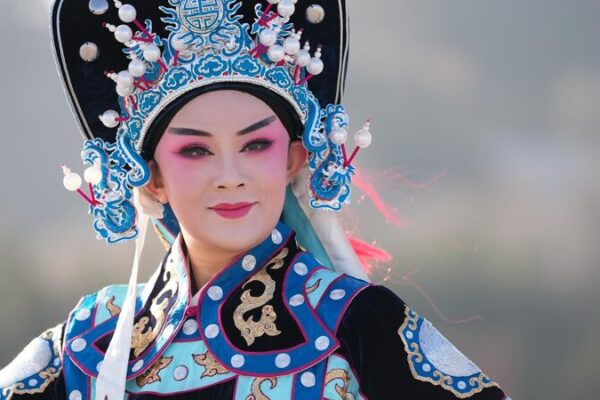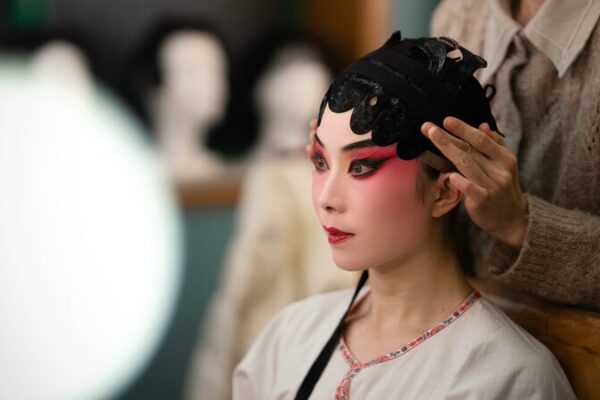The legend of Mulan has captivated hearts for centuries, telling the tale of a young woman who defies societal norms to protect her family and homeland. From her origins in an ancient ballad to modern film adaptations, Mulan’s story has evolved significantly, reflecting changing attitudes toward gender roles and heroism.
The Original Ballad: A Story of Filial Piety
The earliest known version of Mulan’s tale comes from the “Ballad of Mulan,” dating back to the Northern Wei Dynasty (386–534 AD). In this narrative, Mulan disguises herself as a man to take her aging father’s place in the army. Her actions are driven by filial piety—a core value emphasizing respect and duty to one’s parents in Chinese culture. After years of battle, she returns home and resumes her life, her true identity remaining a secret to her comrades.
Ming and Qing Dynasties: Introducing Inner Conflict
During the Ming (1368–1644) and Qing (1644–1912) dynasties, Mulan’s story was adapted into operas and literature that delved deeper into her internal struggles. These versions explored her challenges in balancing her disguise with her true self, highlighting the tension between individual desires and societal expectations. Mulan became a more nuanced character, embodying both strength and vulnerability.
Modern Adaptations: A Symbol of Empowerment
The 20th and 21st centuries brought Mulan’s story to a global audience through films like Disney’s animated Mulan (1998) and its live-action remake (2020). These adaptations emphasized themes of personal empowerment and self-discovery. Mulan is portrayed not just as a dutiful daughter but as a woman asserting her identity and challenging patriarchal structures. Her journey resonates with contemporary movements advocating for gender equality and female empowerment.
Reflecting Societal Changes
The evolution of Mulan’s character mirrors shifting perceptions of women and courage. Where once her heroism was rooted in family duty, it now also represents individual agency and defiance of traditional gender roles. This transformation highlights how stories adapt to reflect the values and issues of their time.
A Timeless Inspiration
Mulan’s enduring appeal lies in her ability to inspire across cultures and generations. Her story encourages us to question societal norms and to find courage within ourselves. As conversations about gender and identity continue worldwide, Mulan remains a powerful symbol of empowerment and resilience.
Reference(s):
The Evolution of Mulan: From Dutiful Daughter to Icon of Empowerment
cgtn.com








